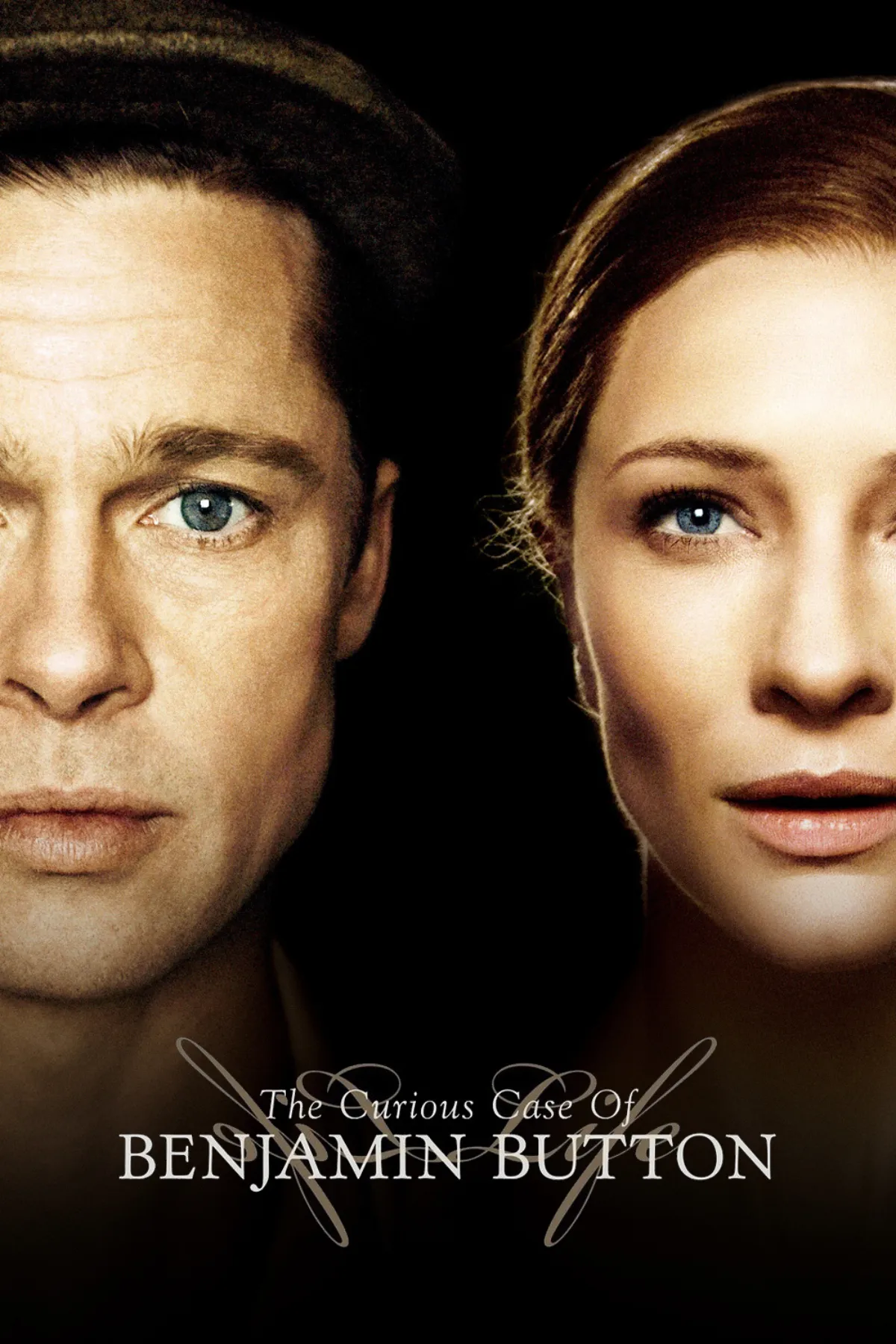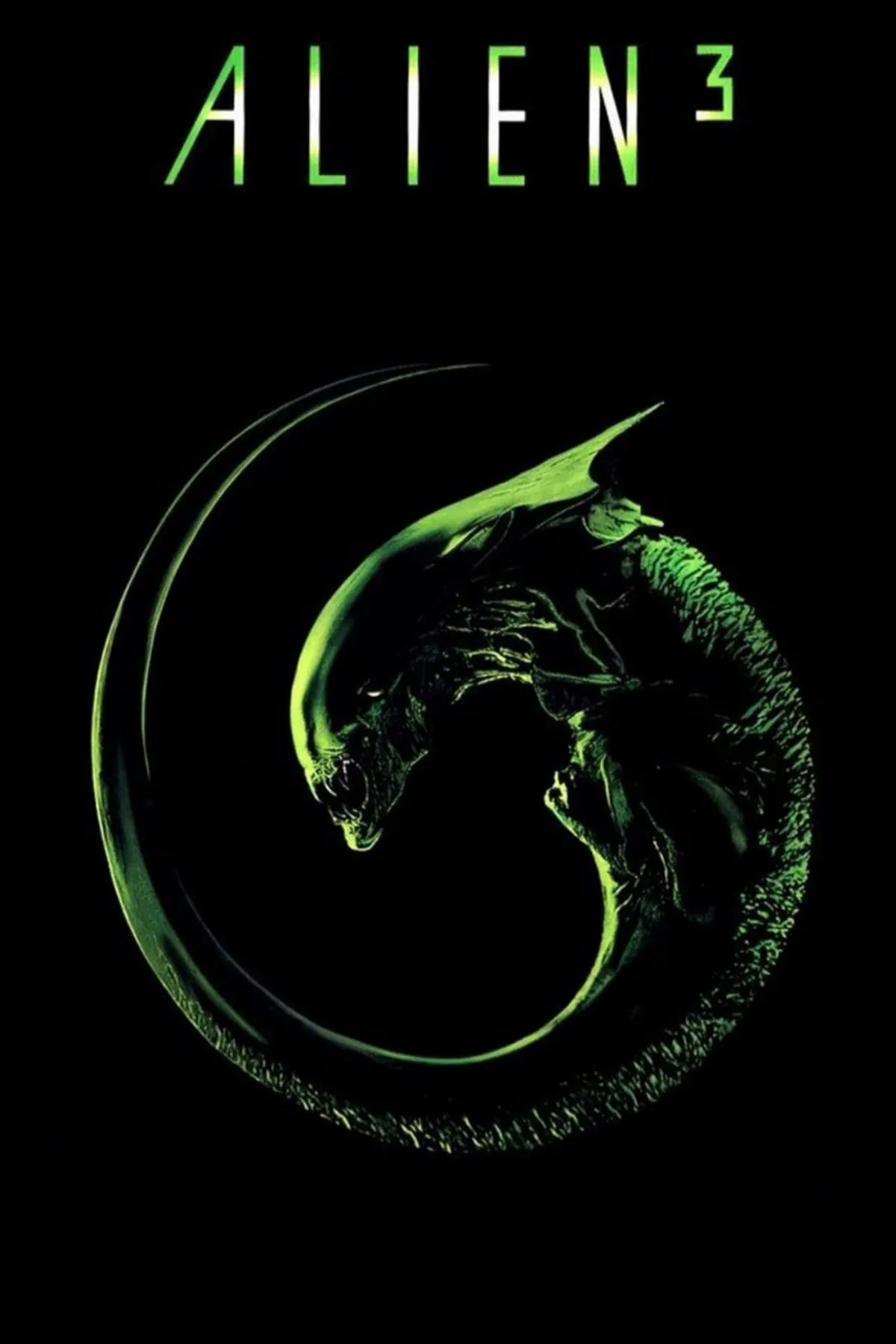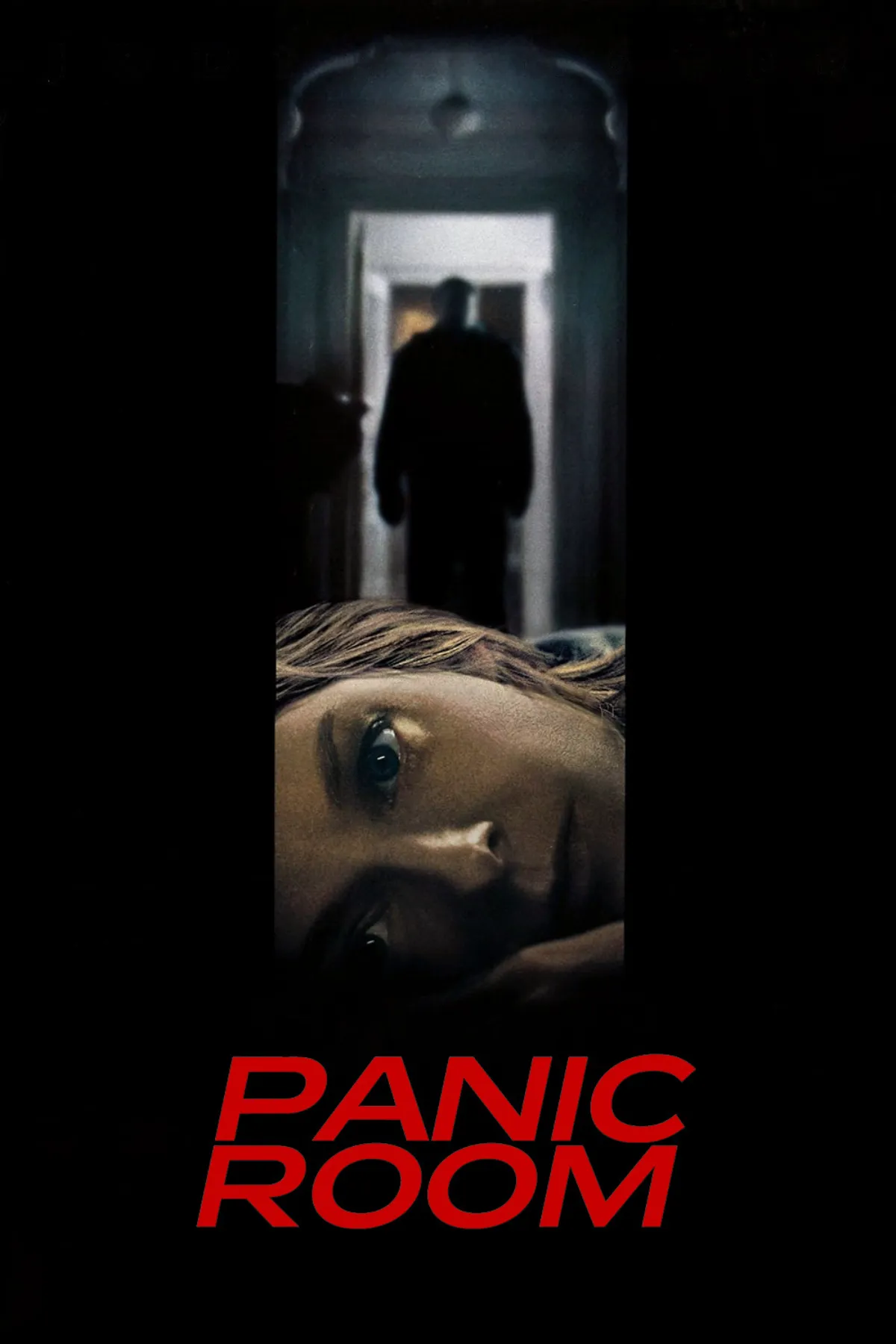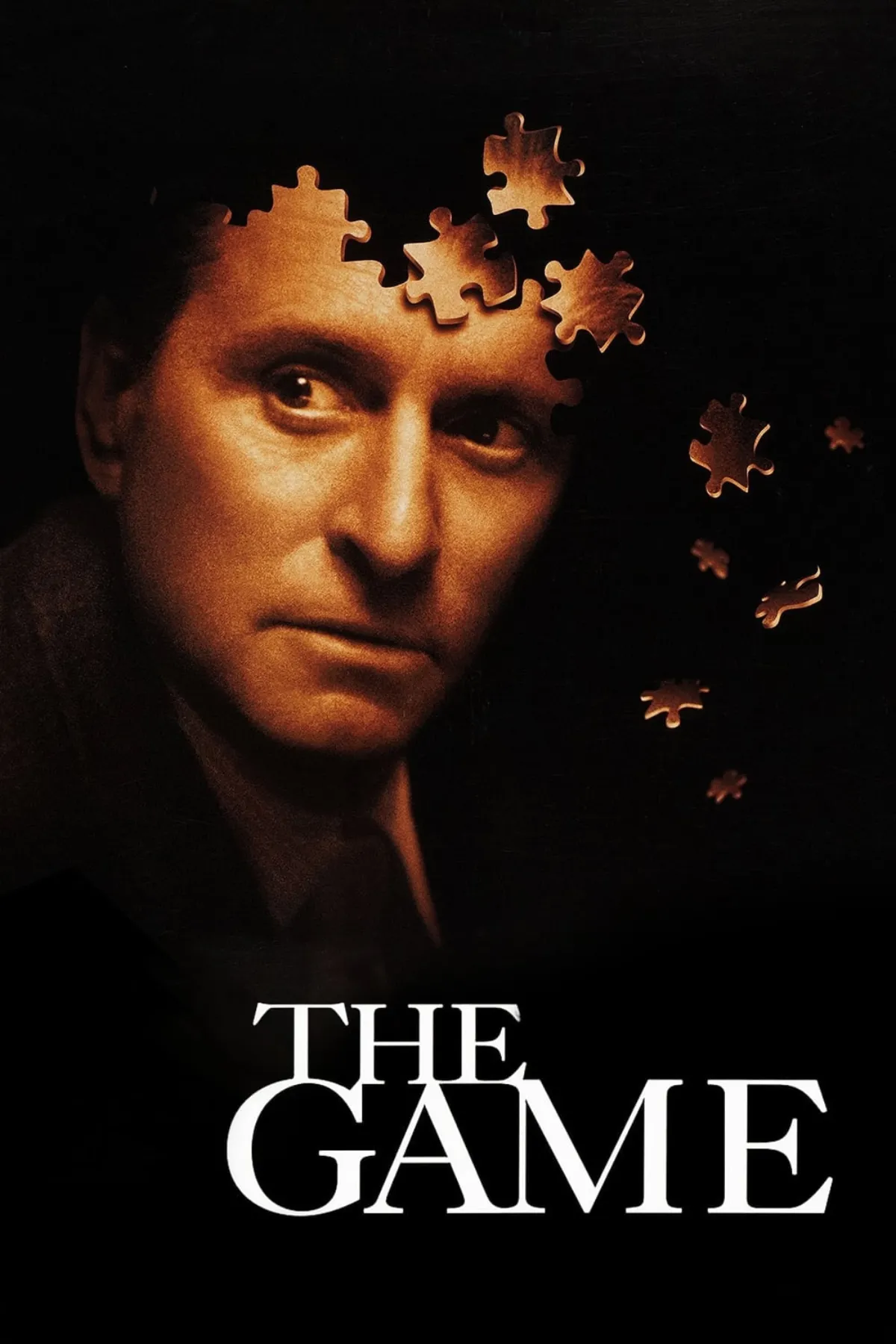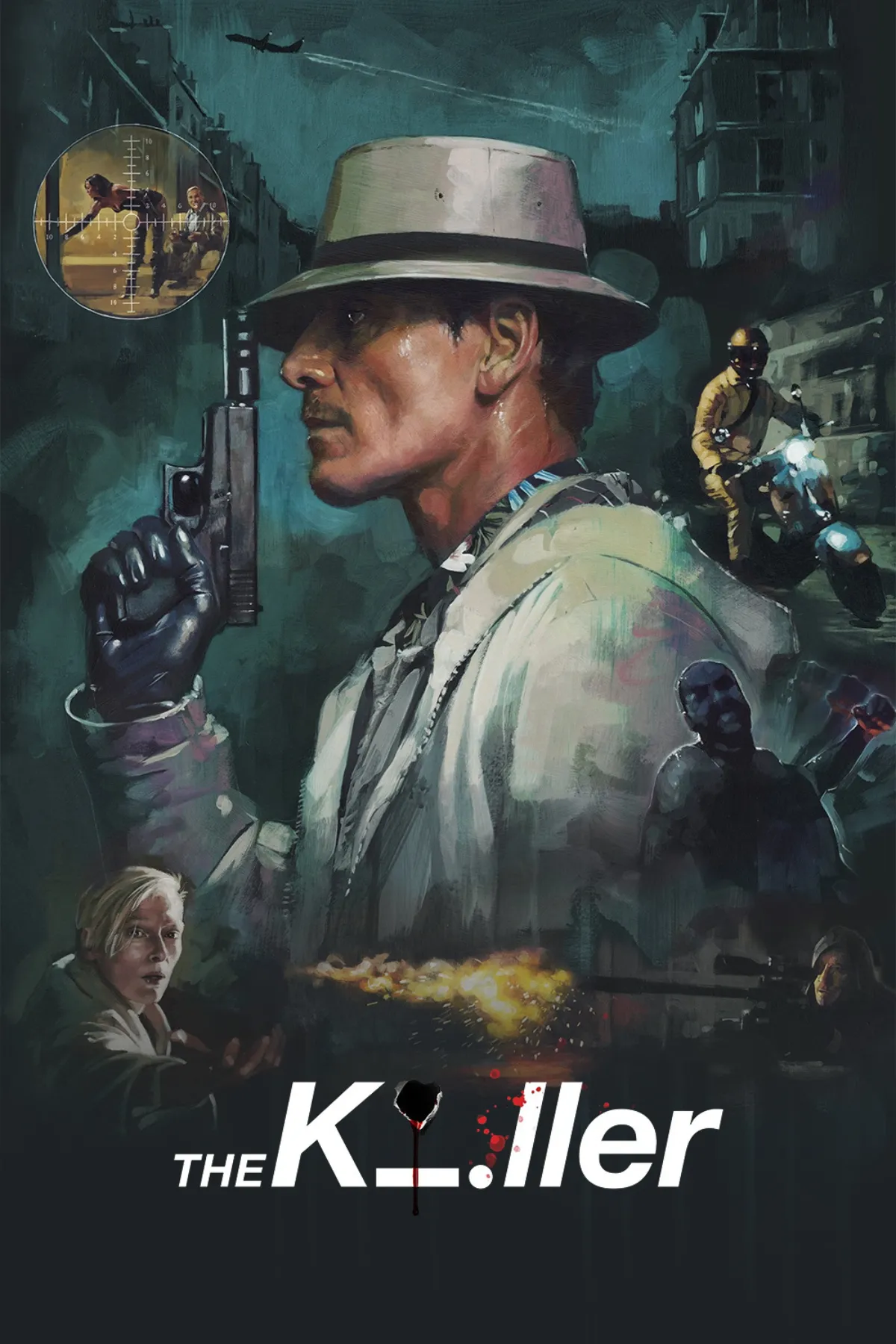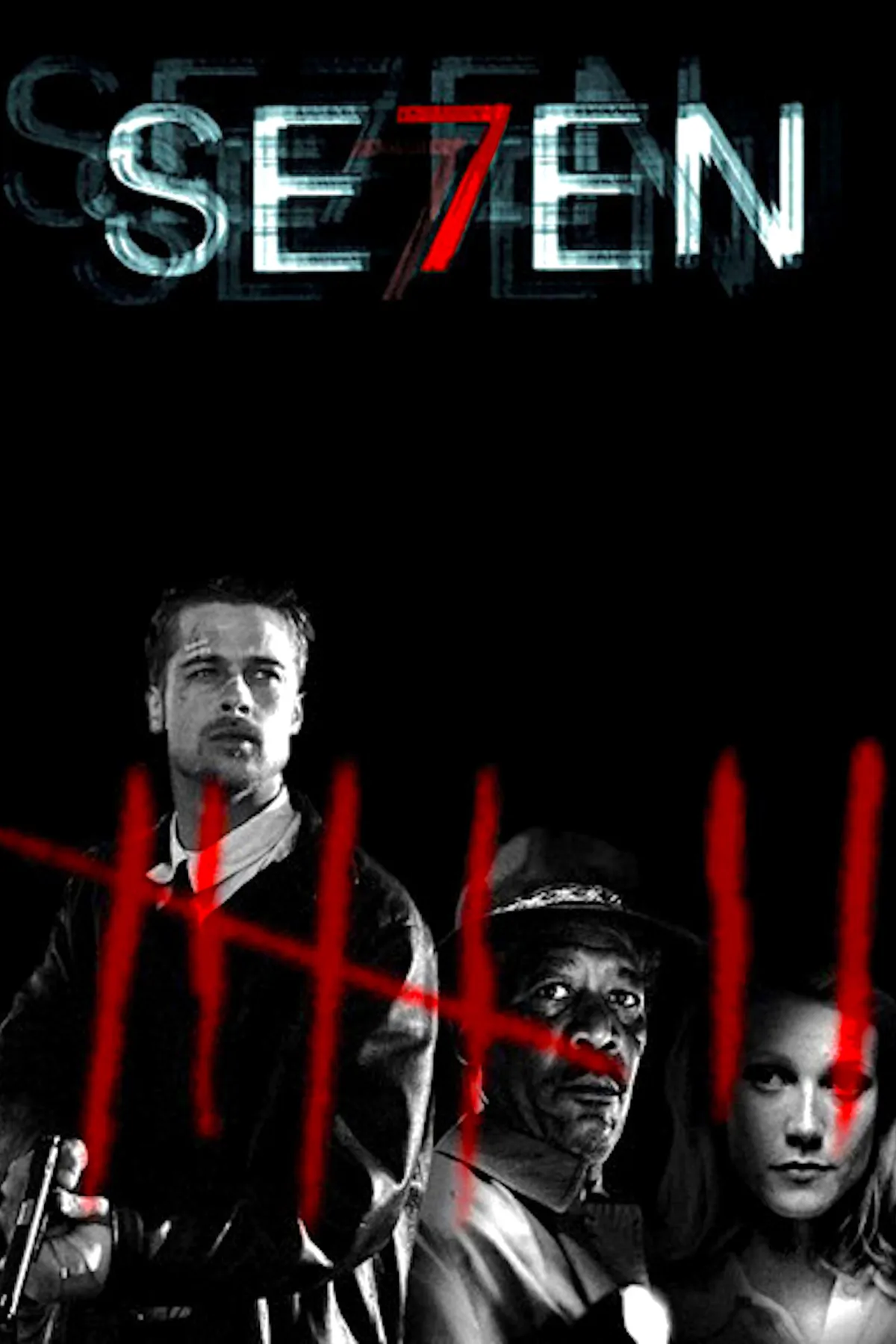In contemporary filmmaking, where directors often oscillate between genres and experiment with diverse storytelling techniques, few names command the same reverence and fascination as David Fincher. The esteemed auteur, known for his meticulous craftsmanship and penchant for the perverse, has etched an undeniable mark on the landscape of cinema. As a devout Fincher fanboy, I find myself drawn to the enigmatic allure of his filmography, an array of narratives that defy convention and take control of the senses.

Before diving into the line of David Fincher’s films, it’s crucial to acknowledge the director’s distinctive approach. His reputation is that of a surgeon, meticulously dissecting the intricacies of human behavior and societal structures with unparalleled precision. Fincher’s filmography is a testament to his unwavering commitment to specific storytelling, a commitment that transforms each frame into a new idea of psychological exploration.
The chronological evolution of Fincher’s work is a fascinating study in itself. From the brooding atmospheres of Se7en to the sleek and stylized world of Gone Girl, each film showcases a director in perpetual dialogue with his own artistic evolution. As an avid follower of Fincher’s career, I’ve found myself consistently drawn to the later chapters of his filmography. However, acknowledging the seismic impact of his early works is essential for understanding his enduring legacy.
Fincher’s penchant for the perverse is perhaps most palpable in Fight Club, a cyclone that left an unmistakable mark on the cultural zeitgeist. Its anarchic energy and mind-bending narrative make it a landmark achievement in 20th-century cinema, a film that transcends its status as a mere cult classic.
And the dark brilliance of Se7en remains an unparalleled experience, a symphony of dread and nihilism that elevated the crime thriller genre to new heights. Fincher’s procedural and surgical storytelling style is on full display, as every detail, no matter how minute, is a piece of the puzzle in this macabre exploration of the human psyche.
As the years progressed, so did Fincher’s mastery. The Social Network stands as a landmark for his ability to transform seemingly mundane subjects into riveting narratives. The film’s exploration of the tumultuous birth of Facebook is a real accomplishment, seamlessly transitioning from the dark recesses of crime to the well-lit corridors of Silicon Valley.
Ranking David Fincher’s films is a subjective exercise – each entry an addition to his unparalleled resume as a filmmaker. Whether you find solace in the nihilistic landscapes of Se7en or revel in the mind-bending chaos of Fight Club, one cannot deny the enduring impact of Fincher’s legacy. His films, like intricate puzzles waiting to be solved, beckon audiences to revisit, unraveling new layers with each viewing. In a world where directors often chase trends, David Fincher stands as a luminary, crafting stories that defy convention and etch themselves into the pantheon of film history.
Here’s how I’m thinking I’d rank David Fincher’s movies:
12. The Curious Case of Benjamin Button (2008)
The Curious Case of Benjamin Button introduces us to David Fincher in a seemingly softer, more empathetic guise. The movie is a sincere detour to the filmmaker’s career, one that is interesting to look back on years later. Brad Pitt delivers a performance that transcends technological constraints and unlikely subject matter.
Read our review of The Curious Case of Benjamin Button (2008)
11. Alien 3 (1992)
The much maligned Alien 3, directed by David Fincher in his first feature length movie, isn’t the catastrophe many claimed it was when it released in 1992. Alien 3 is a movie with many interesting ideas, but a script that holds it back.
Read our review of Alien 3 (1992)
10. Mank (2020)
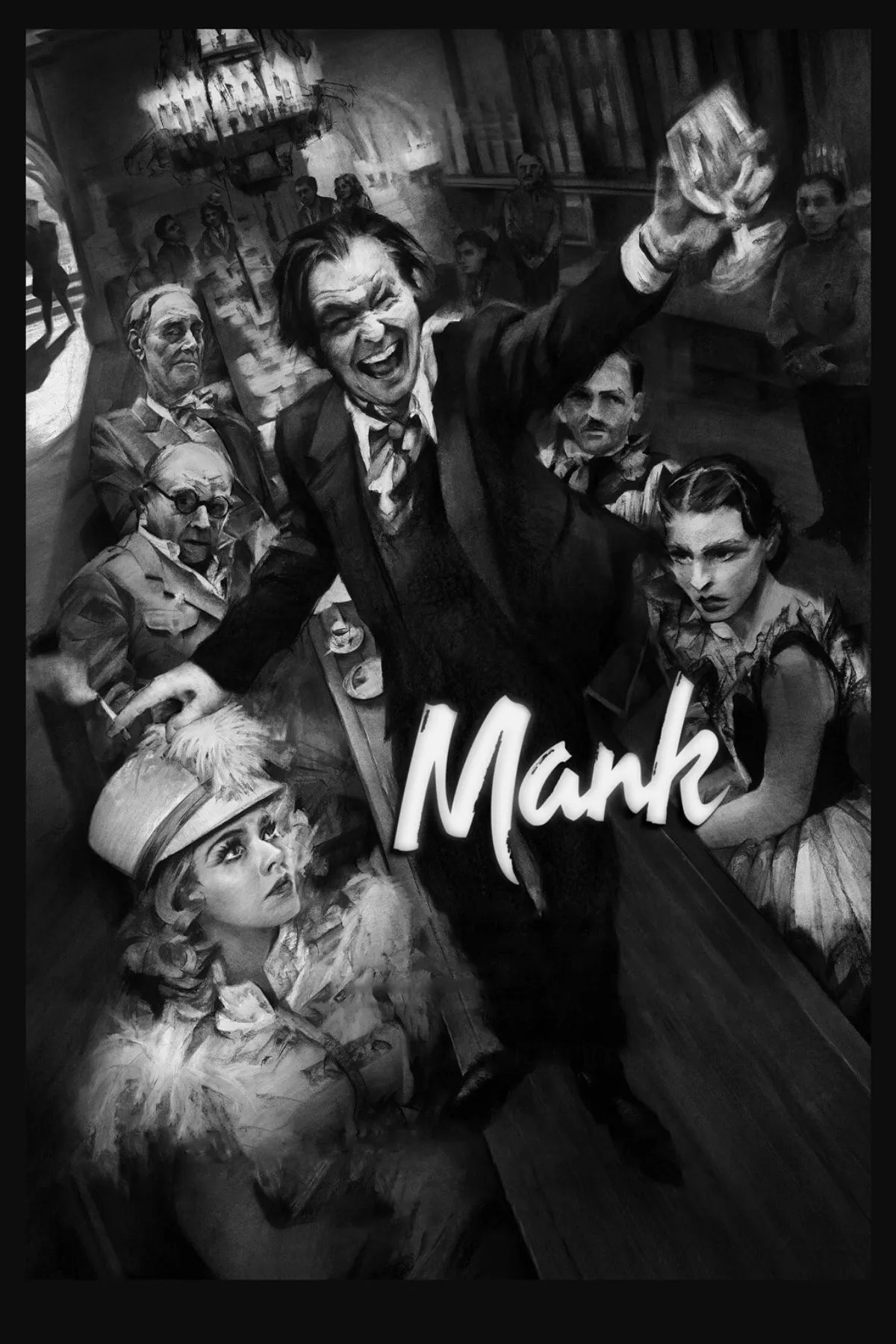
9. Fight Club (1999)
Released over two decades ago, David Fincher’s Fight Club remains in popular culture the way few films ever do. A movie that often resonates with those feeling marginalized by society, Fight Club lives on for each generation to interpret in new ways.
Read our review of Fight Club (1999)
8. Panic Room (2002)
While Panic Room may seem like less ambitious in scale compared to some of Fincher’s other works, the movie stands as a testament to his versatility as a filmmaker. From the moment the Altman mother-daughter duo are thrust into the claustrophobic depths of their panic room, the film becomes a relentless, punishing exercise in suspense and dread.
Read our review of Panic Room (2002)
7. The Game (1997)
The Game continued the winning streak for David Fincher, putting him in position to capitalize on more ambitious movies down the line. It’s a twisted film that leans on well-rounded performances by Michael Douglas and Sean Penn.
Read our review of The Game (1997)
6. The Killer (2023)
The Killer is nothing short of a triumph for David Fincher and a treat for fans of his filmography. It may be the most Fincherian movie ever made, but far from devolving, it solidifies his mastery of the medium. A calm Michael Fassbender performance helps seal The Killer as on of the best movies of 2023.
Read our review of The Killer (2023)
5. Se7en (1995)
Nearly 30 years after the movie’s release, Se7en stands the test of time by being David Fincher’s first significant breakthrough hit. A murder mystery, the film leans on great performances and rainy imagery.
Read our review of Se7en (1995)
4. The Girl with the Dragon Tattoo (2011)
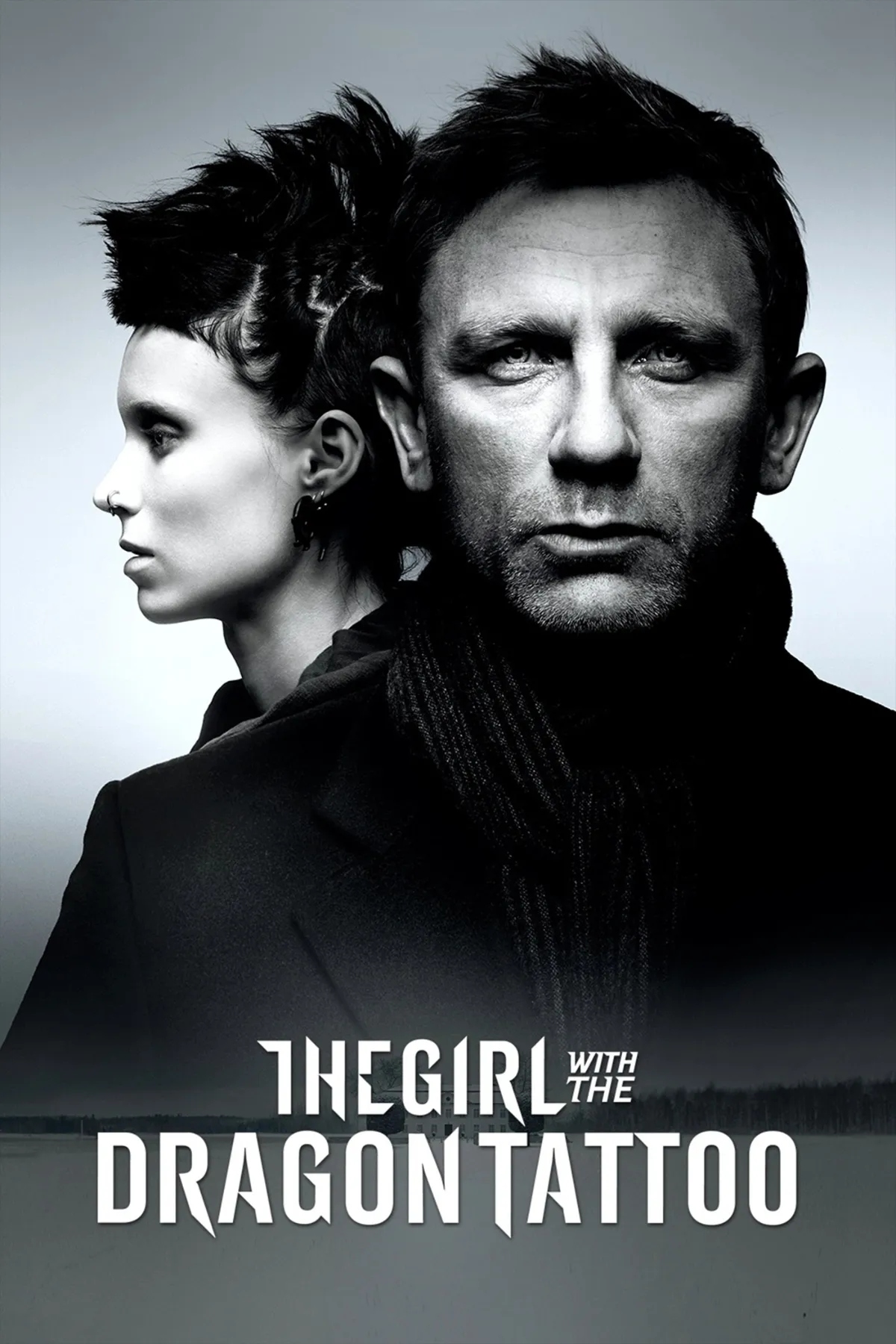
3. Gone Girl (2014)
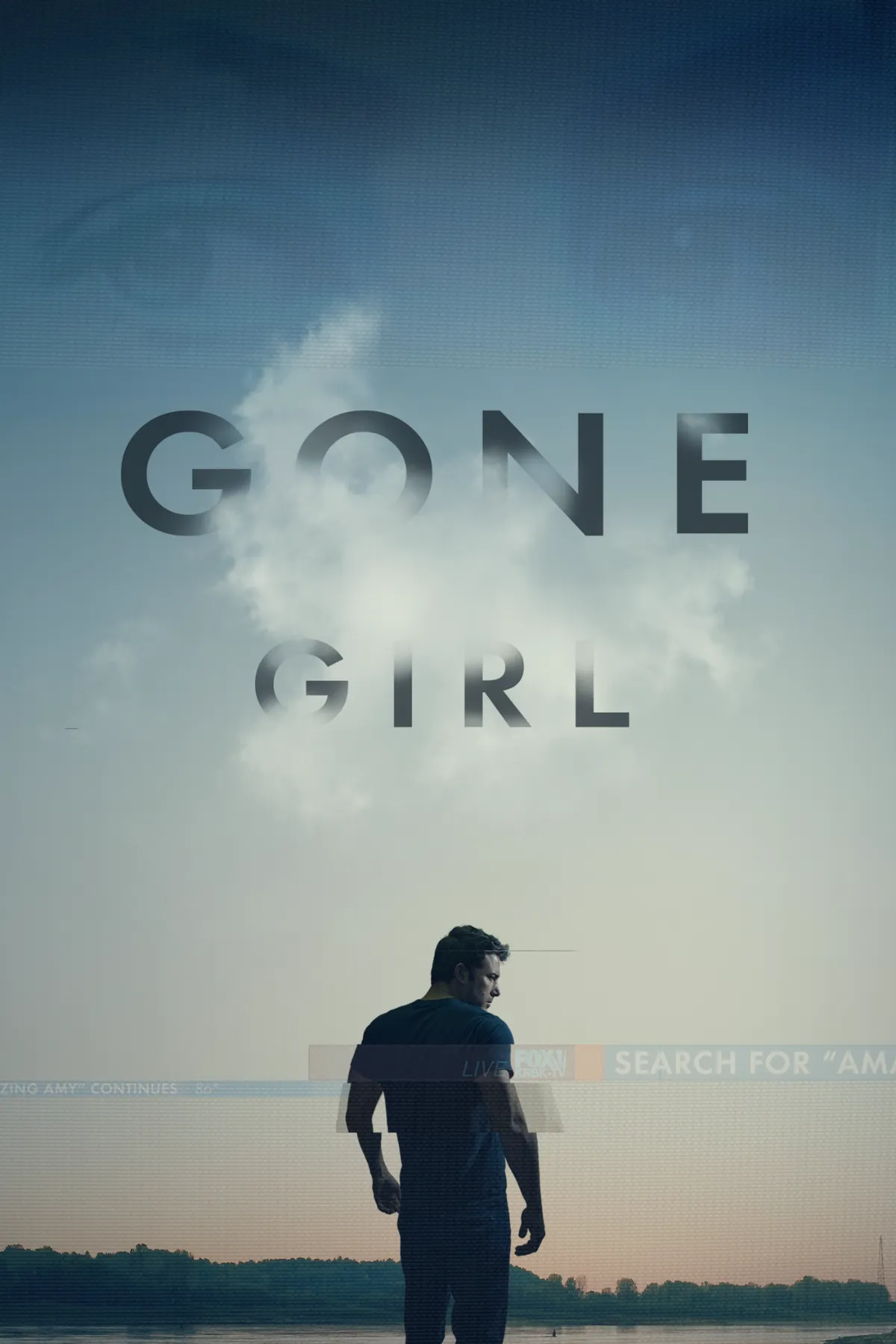
2. Zodiac (2007)
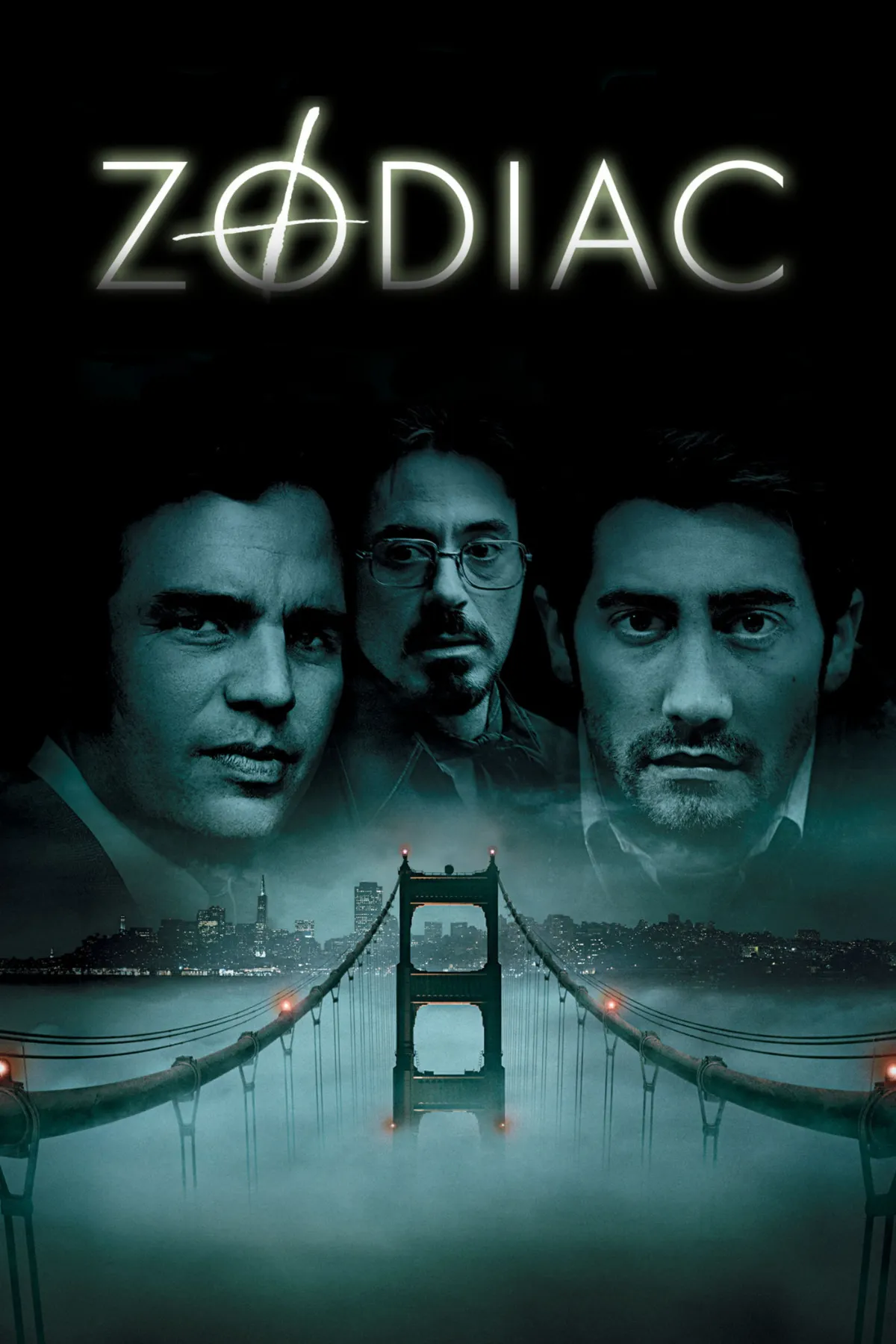
1. The Social Network (2010)
The Social Network might not be a “perfect” movie in a traditional sense, but it’s as close as any film has come in the 21st century. Directed by David Fincher and written by Aaron Sorkin, this 2010 masterpiece remains endlessly rewatchable, endlessly quotable, and deeply resonant in ways that continue to evolve with time. I’ve seen it more than any other movie—memorized its rhythm, its cutting dialogue, its thumping Trent Reznor and Atticus Ross score that pulses through every moment. It’s a film that never loses its edge, no matter how many times you revisit it.
Read our review of The Social Network (2010)
READ MORE DIRECTOR RANKINGS: Edgar Wright, Wes Anderson, Stanley Kubrick
